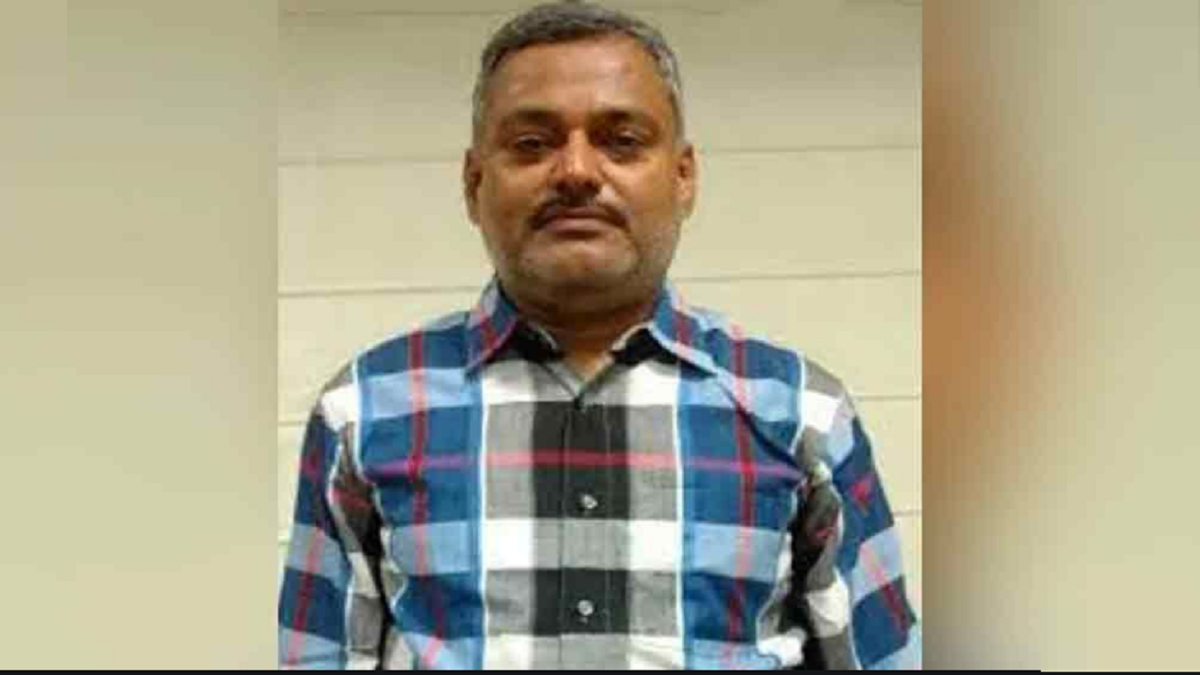The death, under mysterious circumstances of Vikas Dubey, a UP gangster, accused of gunning down eight police personnel near Kanpur last week, has raised innumerable questions. On Friday morning, Dubey was shot dead near his village “in an extra judicial killing” by the Special Task Force team, while he was being brought back from Ujjain in Madhya Pradesh. On Thursday, the don had surrendered outside the Mahakaal temple, only to be slain the following day, by the men in khaki.
The sole plausible reason for silencing Dubey was that if he had, in police custody, begun to spill the beans, a number of influential people, including powerful politicians, police officers and bureaucrats would have found themselves implicated in the strong nexus existing between the netas, babus, businessmen and darogas. In any case, Dubey was not a big-time criminal by the state’s standards; he had a price of only Rs 50,000 on his head, till he murdered the cops, thereby leading to the enhancement of the bounty to Rs 5 lakh.
The issue, therefore, is why was the rule of law blatantly infringed to put an end to his life? The name of a Madhya Pradesh politician—belonging to the same community as the suspect—prominently figured amongst the important persons he was acquainted with; this “gentleman” is believed to have organized his surrender or mock arrest in Ujjain.
Needless to say, Dubey had moles and informers in the police system, who had tipped him off, regarding the raid at his house, leading to the merciless massacre of eight police personnel. Another perplexing matter is why he had stayed back at his residence despite being forewarned, instead of escaping from the spot? He had been a part of the crime world long enough to know that it is impossible to get away from the clutches of law if a policeman is gunned down. In all likelihood, he must have been assured that no harm would come his way.
During his flight from his village, the gangster was evidently being navigated by his benefactors in key-positions. His call records would certainly reveal the identity of those who were assisting him to evade the law. However, now that he is dead, there would be several people who would be heaving a sigh of relief, since there would be insufficient evidence to nail them. They, unabated, can continue on their nefarious paths, with a fresh “Vikas Dubey” to groom and patronize.
It is a well-known fact that in various states, particularly UP and Bihar, that the caste, criminal, police and politician liaison flourishes. Without mincing any words, the N.N. Vohra report, which is gathering dust in the North Block, had referred to this complicity. Unfortunately, no government has shown any inclination of following up on this very pertinent document.
It could not be immediately ascertained whether members of Dubey’s caste had expressed their rage over his death, despite being accused of slaying several persons belonging to his own community. The carved-in-stone pattern is that most criminals, active in the hinterland, are shielded by their own castes, and therefore are able to, on many an occasion, give the police the slip.
Encounter killings are an age-old method, adopted by police forces around the world, to illegally exterminate criminals. The belief is, that the courts take excruciatingly too long a time to arrive at a verdict, with key-witnesses refusing to testify against dreaded offenders. The sure-shot remedy, thus, is to take the law into their own hands and do away with them, while declaring that they had died in an encounter while fleeing.
However, there have been a number of police officers who have succeeded in eliminating criminals—through meticulous planning—since capturing them alive is virtually an impossible task. This thinking appears to have been lacking, when last week, the police party went to arrest Dubey, suffering heavy casualties in an ambush laid out for them.
Illustrious police officers from UP including Ajai Raj Sharma and Vikram Singh, have varied anecdotes, visually narrating the behaviour and psychology of outlaws and how they frequently fall prey to their own weaknesses, arrogance and ego. There are an equal number of instances where an illegal encounter has led to the arrest of policemen who have had to share jail sentences with notorious desperadoes. In Delhi, the most recounted case is that of Sunder Daku, who in the mid-1970s was drowned in the Yamuna by a police team, because he had threatened to kill Sanjay Gandhi. Senior IPS officers—Pritam Singh Bhindar (he subsequently, in 1980 went on to become the Delhi Police chief) and Gurcharan Singh, along with half a dozen police personnel, actually served time in jail as undertrials.
In the latest incident, the UP police need to clarify whether it had taken a transit remand to transport Dubey from Ujjain to Kanpur. Prior to this, did the Madhya Pradesh police produce him before a magistrate following his arrest? Why were media vehicles accompanying the police convoy, stopped at a toll-barrier shortly before the encounter? How did Dubey, a bulky man—slip out of an SUV that had gone “topsy-turvy”—manage to snatch the service pistol, which under normal procedures, should have been fastened to the policeman’s waist with a chain? How did the suspect sustain bullet injuries on the chest instead of his back, if he was running away despite his pronounced limp? Or is it that no answers are upcoming, since dead men tell no tales. Between us.

